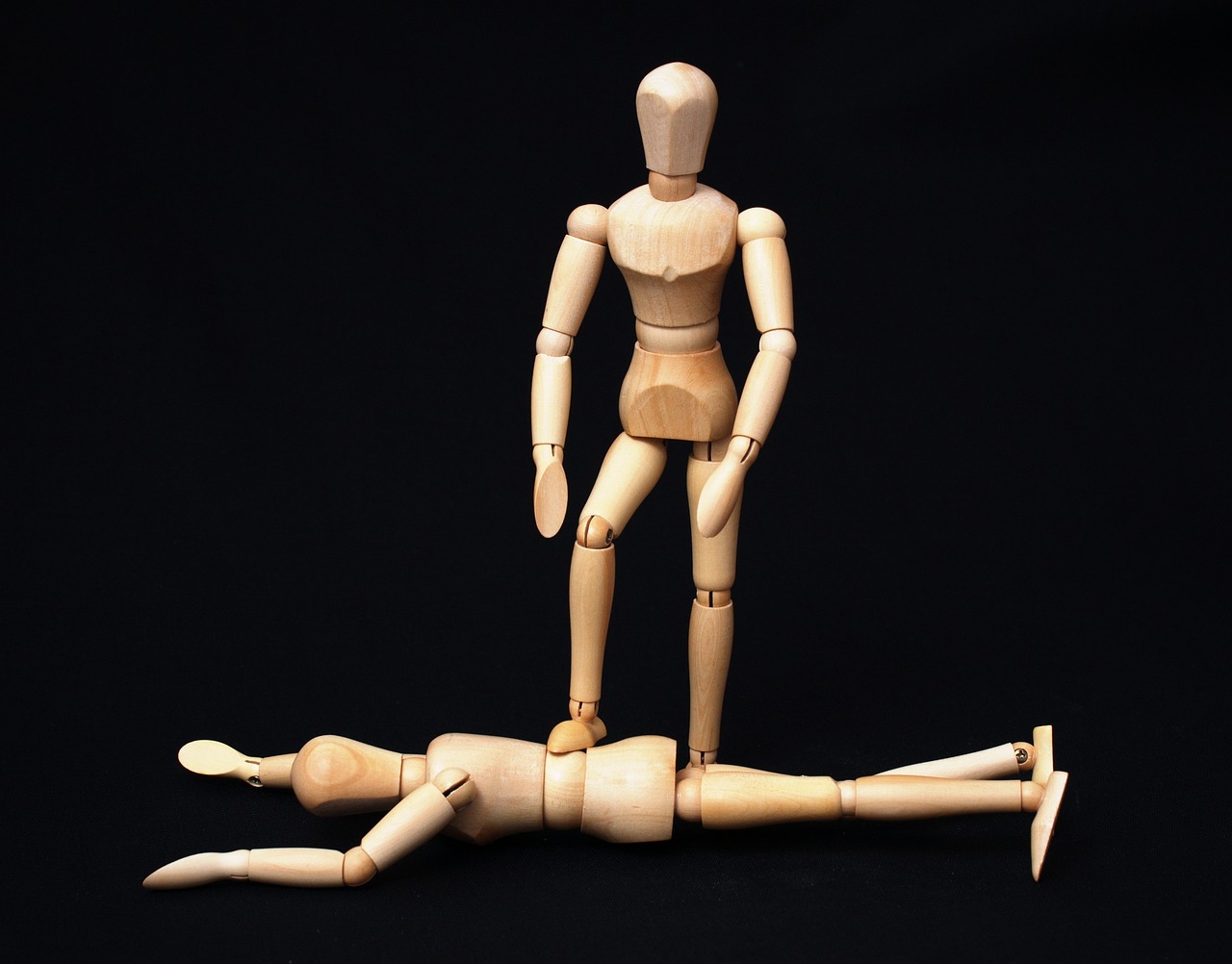
"Power is fearful of art and poets, " states Ai Weiwei in Zodiac: A Graphic Memoir. With first-hand experience, the renowned artist is all too familiar with the wrath of those in authority, particularly in his home country of China. The Communist Party leadership grew to be so intimidated by him that he endured imprisonment, torture, and ultimately exile. I inquire about why power fears the arts, to which Ai responds, "Every form of power establishes itself on absolute conditions, highlighting conformity in thoughts, actions, speech, and behavior. This uniformity serves as the very foundation for the assertion of power. Conversely, art and poetry inherently defy the pre-established limitations of human existence, exploring uncharted territories. They are endeavours to construct a new reality, representing a potent and destructive challenge to authoritarianism. " Zodiac is Ai's latest provocative undertaking, joining the ranks of his numerous other daring endeavors over the decades. The book brims with metaphors, philosophical reflections, and rebellious wisdom. It can be considered "comic" in the traditional sense, intertwining humor, mythology, commentary, and critique, with tragedy lurking nearby. Within its pages, Ai chronicles a lifetime of creative struggle against power and repression, spanning from his childhood during China's politically charged era following the Cultural Revolution, to his experiences as a student in New York City during the 1980s, and through his illustrious artistic career that incited violent reactions. Unyielding to self-censorship, Ai endured the destruction of his Beijing studios by Chinese authorities, imprisonment, and finally the need to depart his homeland for good. Even now, he faces censorship once again, as evidenced by the cancellation of a London exhibition after he criticized the United States-Israel relations on social media during the early stages of Israel's conflict with Gaza. I had the opportunity to interview Ai via email prior to the release of Zodiac, engaging in a discussion that encompassed his years of living under political threat, the intentions behind oppression and censorship, and the significance of artistic expression. Ai's memoir commences with a scene from his childhood in Xinjiang province, where his family was compelled to live underground due to his father's persecution and exile. Ai Qing, his father, a celebrated poet, suffered these consequences in the aftermath of China's Great Leap Forward, Mao Zedong's campaign. Although the campaign aimed to accelerate industrialization in rural China, it led to famine and a severe crackdown on intellectuals perceived as opposing Mao's vision. In Zodiac, Ai recounts his family's existence in the subterranean exile characterized by what he calls a "strange commune, " where he participated in a competition to catch the most mice. Ai emerged victorious, accumulating a collection of their tails. Reflecting on this period, Ai shares, "Growing up in a highly politicized environment within the household of a suppressed and oppressed intellectual was no different from the lives of others during that era in terms of material conditions. During those times, everyone shared a common experience of living under the pervasive fear of politics. " Six decades later, Zodiac opens with a conversation between father and son, in which the former warns the latter against reading. When I inquired about this, Ai explained, "From a young age, I encountered discrimination and witnessed an unjust society, which made me realize that political oppression did not solely emanate from those in power; it permeated everyone's ideology. In such oppressive circumstances, individuals willingly conform to the violence innately present in society, becoming active participants in the oppressive system. This type of society leaves individuals with no refuge, exposing them to harm from all directions. " After two decades of living in an Orwellian social structure, Ai decided it was enough. He stated, "Personally, the most discernible impact of the Cultural Revolution on me was the decision to leave China and move to the US. At that time, I perceived China as abnormal and unsafe. Looking back, post-Cultural Revolution, China underwent changes – transitioning from a highly politicized society under proletarian authoritarianism to a politically authoritarian yet materialistic and capitalistic society in terms of lifestyle. " I inquire about his experience leaving such circumstances, to which Ai responds, "The United States in the 1980s felt like an entirely different planet to me. Every aspect there, both material and spiritual, seemed disconnected from anything I had experienced before. Each new encounter unfolded as an entirely novel world. While, to a certain extent, I experienced the pinnacle of freedom, from an alternate perspective, I found myself subject to the most stringent constraints. " Ai spent over a decade in the US, studying in Philadelphia and San Francisco before ultimately settling in New York. It was there that he formed a friendship with poet Allen Ginsberg and witnessed that the country he had come to was no stranger to brutality. During the 1988 Tompkins Square Park incident, Ai happened to be present, capturing the indiscriminate police attacks on protesters, community members, and journalists with his camera, as he relentlessly documented his time in the US. But after twelve years, he felt it was time to move on. "It seemed like I had already experienced everything possible during my time there, and the prospect of seeking more unique experiences felt elusive. Continuing my stay in the US would have seemed like a waste of time. Moreover, my father in China was ill, so that became a strong motivation for me to return and be by his side. " Upon returning to China, Ai gradually gained recognition through his work, challenging the social order at home and exposing widespread injustices abroad. One of his notable pieces in 1995, Han-Dynasty Urn with the Coca-Cola logo, involved stamping an ancient vase with the ubiquitous brand emblem, raising questions about the influence of consumerism on Chinese culture. His curation of the F*** Off exhibition in 2000 featured provocatively controversial works, potentially including cannibalism as the subject matter of one piece. In 2007, Ai embarked on one of his most ambitious projects known as Fairytale, where he brought 1, 001 Chinese tourists from all corners of China to Kassel, Germany, to participate in the Documenta art festival. The devastating 2008 Sichuan earthquake prompted him to launch the Sichuan Names Project the following year, a project that drew the ire of the Chinese government by exposing its concealment of the staggering death toll and implicating state policy in the deadly outcomes of poor infrastructure. In 2010, Ai engaged around 1, 600 Chinese artisans to create millions of handcrafted porcelain sunflower seeds, symbolizing the tension between individuality and collective identity. I inquire if there are particular pieces that he holds dear or regrets in retrospect. Ai responds, "So-called artworks of mine are crafted from my thoughts and emotions. I do not have regrets about creating them. They authentically reflect my true feelings and circumstances during those moments, intricately intertwined with the experiences that shaped me. One does not harbor regrets for their own growth; it is an inherent part of oneself with no alternative possibility. " However, it is evident that Chinese authorities did not share Ai's enthusiasm. The Sichuan project, in particular, elicited a repressive response. "The Sichuan earthquake provided an opportunity for me to explore how individuals navigate self-preservation and discover truth amidst social upheaval or catastrophe, " Ai explains. "However, it also trapped me in various difficulties and conflicts with the government. My active involvement on the internet, including organizing activism, triggered a chain reaction of consequences. It marked my initial venture into the most stringent form of resistance within the society I grew up in, and it entangled me in numerous life challenges. " These included the destructive demolition of Ai's Beijing studios by Chinese authorities. The demolitions were justified as being "illegal" due to vague reasons attributed to improper planning.
"As my relationship with the government deteriorated and conflicts escalated, both of my studios faced demolition, one after the other, " Ai shares. "The reasons cited for the demolitions were absurd, and the manner in which they were carried out demonstrated a distressing level of violence. It was as powerful as an earthquake, but with an intensified magnitude. This experience starkly revealed to me the vulnerability of the government I confronted and the ruthless nature of politics. " Subsequently, in 2011, Ai vanished into prison, leaving the world speculating about his condition for 81 days before he was placed under house arrest. This period of confinement left an indelible mark on him. "Secret detention has revealed at least two crucial insights to me, " he reveals. "Firstly, it highlights that power operates beyond constraints, evading the bounds of legality. Authorities that attain power through illicit means possess the audacity to openly engage in unlawful activities without facing legal consequences. Secondly, it underscores that there is no protective shield that envelops me; no amount of support or advocacy guarantees my liberation. Despite enduring spiritual and physical torment, everything remains bearable when driven by unwavering faith in one's convictions. One would not regret actions borne out of convictions. Yet, the realization that power can inflict unbridled violence instills a profound sense of despair for society as a whole. " In 2015, Ai's passport was finally returned by the government, and he made his escape to Berlin, where he temporarily resided before settling in Portugal, his current place of residence. Ai reflects on his time establishing his studio in Berlin before the aforementioned events occurred. The welcoming nature of Berlin, situated between New York and Beijing, resonated with him, and he was offered a teaching position at a university. However, initially, the UK denied him a suitable visa based on, as Ai describes it, "absurd" reasons related to his criminal records. I inquire if he ever grows tired of being a foreigner, to which he responds, "Having grown up in a place where I was treated as an outcast due to my father being labeled the enemy of the country and subsequently exiled, I lack conventional notions of a homeland or hometown. Regardless of where I reside, I perpetually embody the status of a 'foreigner'. " Ai considers the lack of a fixed national identity to be advantageous, as he explains, "The significant advantage lies in the freedom of not having to take sides. Instead, one can independently form judgments. However, the primary challenge is the inherent difficulty of establishing effective communication, given the fundamental incompatibility between individual experiences and broader societal norms. " Nonetheless, this challenge has not deterred Ai from pursuing work that focuses on individuals searching for a home. In 2016, he adorned the columns outside Berlin's Konzerthaus art museum with scores of orange life vests worn by drowned refugees. The following year, he released the emotionally wrenching documentary Human Flow, in which he traveled to more than 20 countries, documenting the experiences of displaced people. Ai finds the connection with people intriguing in his artworks. He states, "What resonates with me in my artworks is their inherent connection to people – their engagement with human conditions and the spectrum of humanity at large. Whether it's my early piece Fairytale, bringing 1, 001 Chinese individuals to Documenta in Kassel, the Citizens' Investigations following the Sichuan earthquake in 2008, or subsequent projects such as Human Flow, they all emerged from my active involvement in reality, aiming to establish connections with and understanding of diverse groups of people. " Though Ai has left China, his inclination for controversy persists. This trait extends beyond his art and flows into his use of the internet as a platform for political activism. His recent, now-deleted tweet, which resulted in the cancellation of his London exhibition, raised concerns. In the tweet, Ai wrote, "The sense of guilt surrounding the persecution of the Jewish people has at times been transferred to offset the Arab world. The Jewish community has had a significant presence in the United States, financially, culturally, and in terms of media influence. The annual $3 billion aid package to Israel has been touted for decades as one of the most valuable investments the United States has ever made. This partnership is often described as one of shared destiny. " A few days later, Ai shared a statement noting that the exhibition had been "effectively cancelled" by the gallery, which released its own statement explaining that it was "not the right time to present his new body of work" due to concerns of anti-Semitism or Islamophobia during the ongoing conflict between Israel and Palestine. I inquire whether this cancellation can be seen as an act of censorship. Ai replies, "Any imposition on individual thoughts, attitudes, speech, or artistic expression, whether through direct power or established systems of punishment and reward, constitutes censorship. Censorship not only dictates how power expands but also exposes its own fragility and inability to confront genuine arguments and diverse thoughts. " Several years ago, Ai had the opportunity to witness the situation in Gaza firsthand. "In 2016, during the making of Human Flow, I traveled to Gaza. Despite the difficulties, I persisted and eventually obtained military permission from Israel to enter and exit Gaza, " he shares. "While in Gaza, I witnessed the lives of its people, including children, women, and ordinary citizens, who struggle for survival amidst daily and unjust violence. Even as someone who grew up in an extremely authoritarian Communist country, such conditions were almost unimaginable to me. The suppression and humiliation were experiences that surpassed my previous imagination. The stark reality of such confinement in the 21st century left me utterly astonished. " During the current conflict, the brutality of this reality has been further exemplified by the targeted killing of journalists reporting from Gaza. Under international law, warring parties are expected to ensure the protection of journalists and not target them. However, as of now, the confirmed number of journalists killed stands at 83, making this the deadliest war for journalists since the Committee to Protect Journalists was established in 1992. I question Ai about the numerous journalists, writers, and artists who have lost their lives. Ai responds by sharing an ancient Chinese proverb: "When two armies fight, messengers should not be hurt. " He notes that this principle serves as the foundation for assessing the justice of a war. He explains, "If a war claims to possess any degree of justice, it must, above all, allow for global judgement in an open and transparent manner. A war that seeks to achieve its goals by harming messengers is undoubtedly unjust. " In Zodiac, Ai asserts, "We must not be scared of too much truth. " I ask him why people fear the truth. He answers, "Reality, rather than being constructed solely from facts, constitutes the outer layer of our understanding. The education we receive and prevailing public opinions have the potential to create a deceptive reality. Speaking the truth, therefore, can pose a public hazard for those who dare voice it. Censorship, essentially rooted in power, targets voices that deviate from publicly accepted values and widely disseminated information. The suppression of these voices directly challenges the legitimacy of power. In a civil society, every citizen possesses not only the right, but also the obligation to articulate their thoughts. " So, in response to censorship, what should artists worldwide do?
None

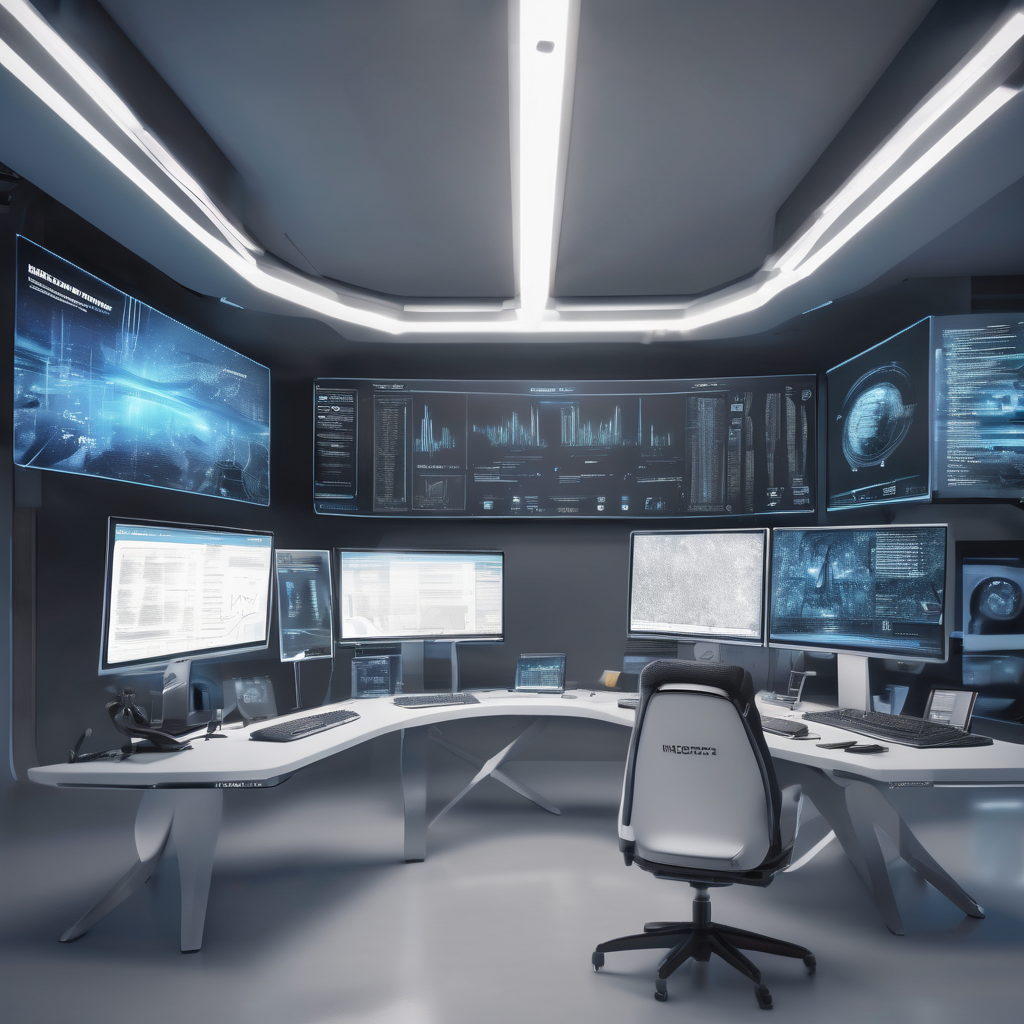
В современном быстро меняющемся цифровом мире языковые барьеры часто создают серьезные препятствия для гладкого глобального взаимодействия.
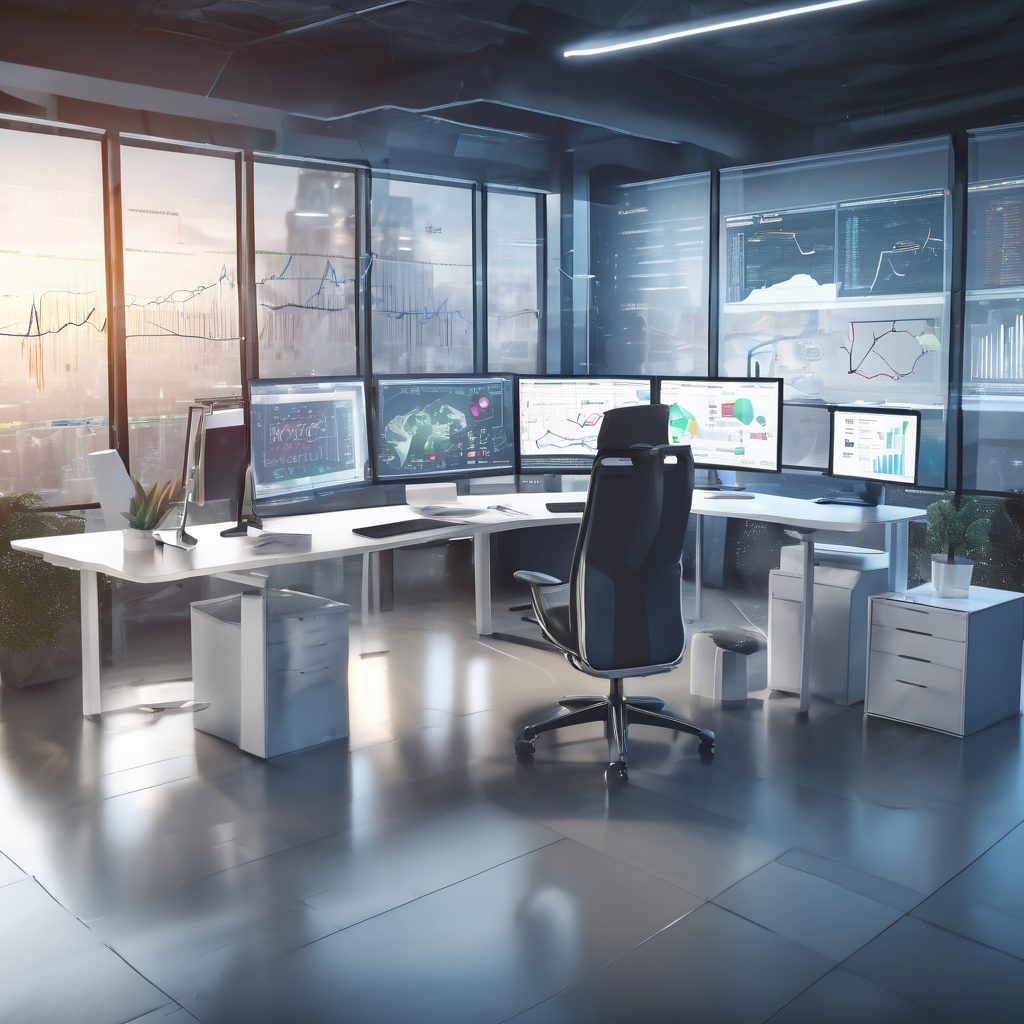
Это главный предупреждающий сигнал из отчета McKinsey за октябрь 2025 года, который подробно описывает, как поисковые системы, использующие генеративный ИИ, быстро меняют способы, которыми люди ищут, исследуют и приобретают товары.
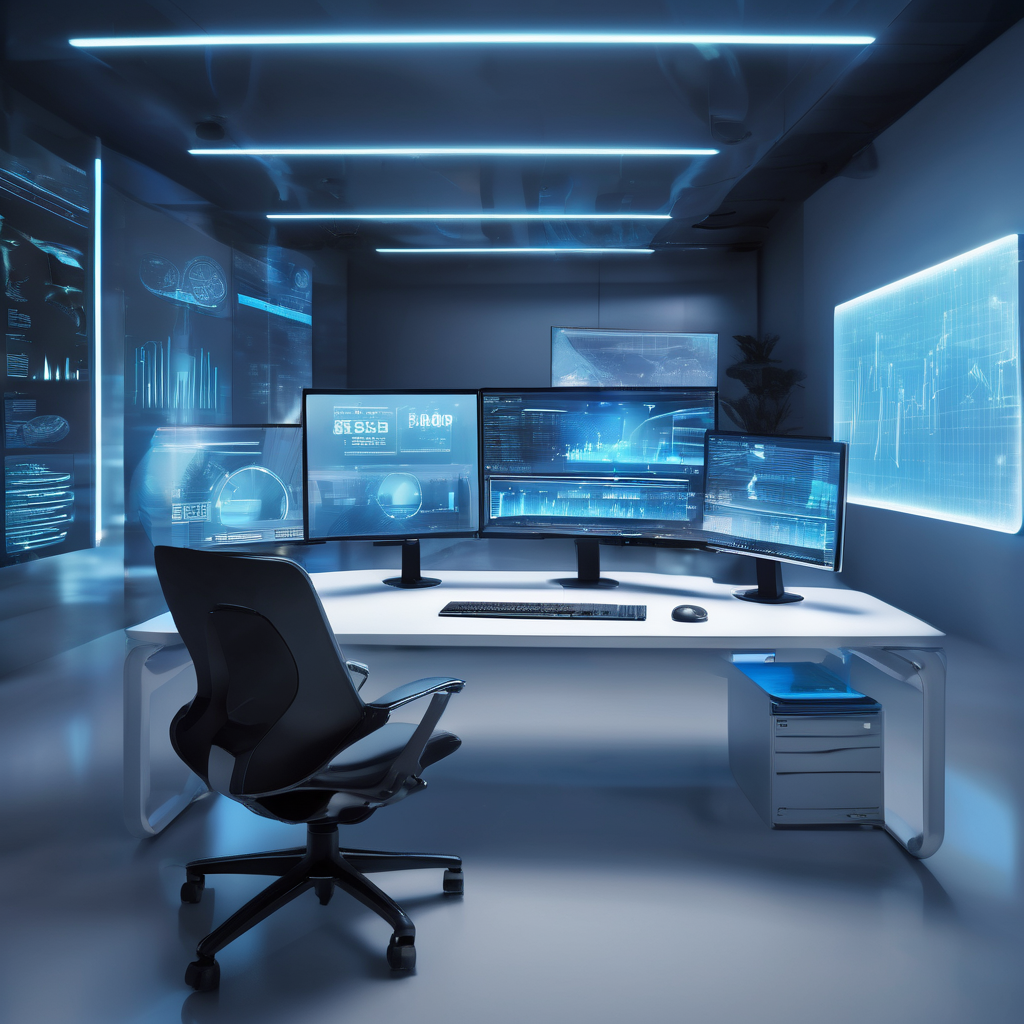
SLB, ведущая компания в области энергетических технологий, представила инновационный инструмент искусственного интеллекта под названием Tela, направленный на значительно повышение уровня автоматизации в операциях на нефтяных месторождениях.
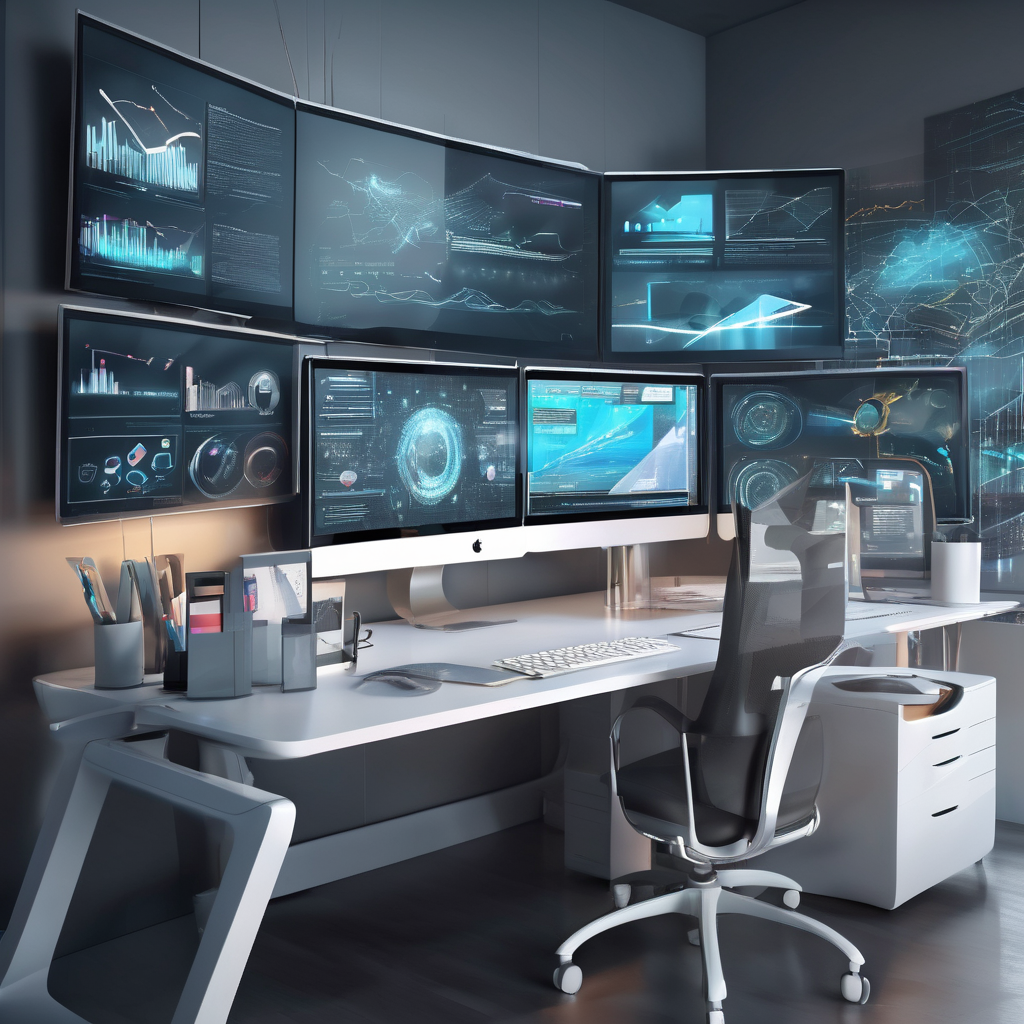
Искусственный интеллект (ИИ) кардинально меняет оптимизацию поисковых систем (SEO), принципиально изменяя подходы бизнеса к разработке своих стратегий цифрового маркетинга и достижению целей.
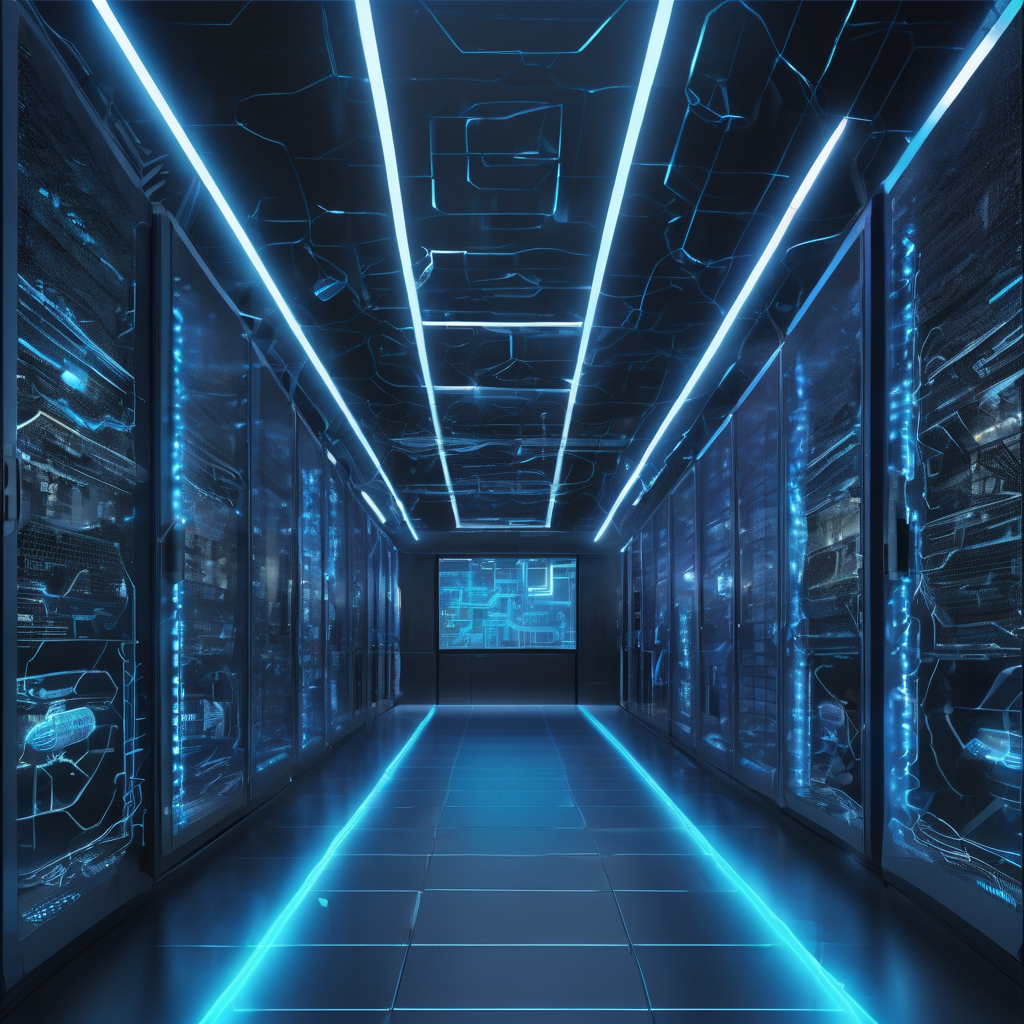
SenseTime и Cambricon объявили о стратегическом партнерстве для совместной разработки передовой инфраструктуры искусственного интеллекта.
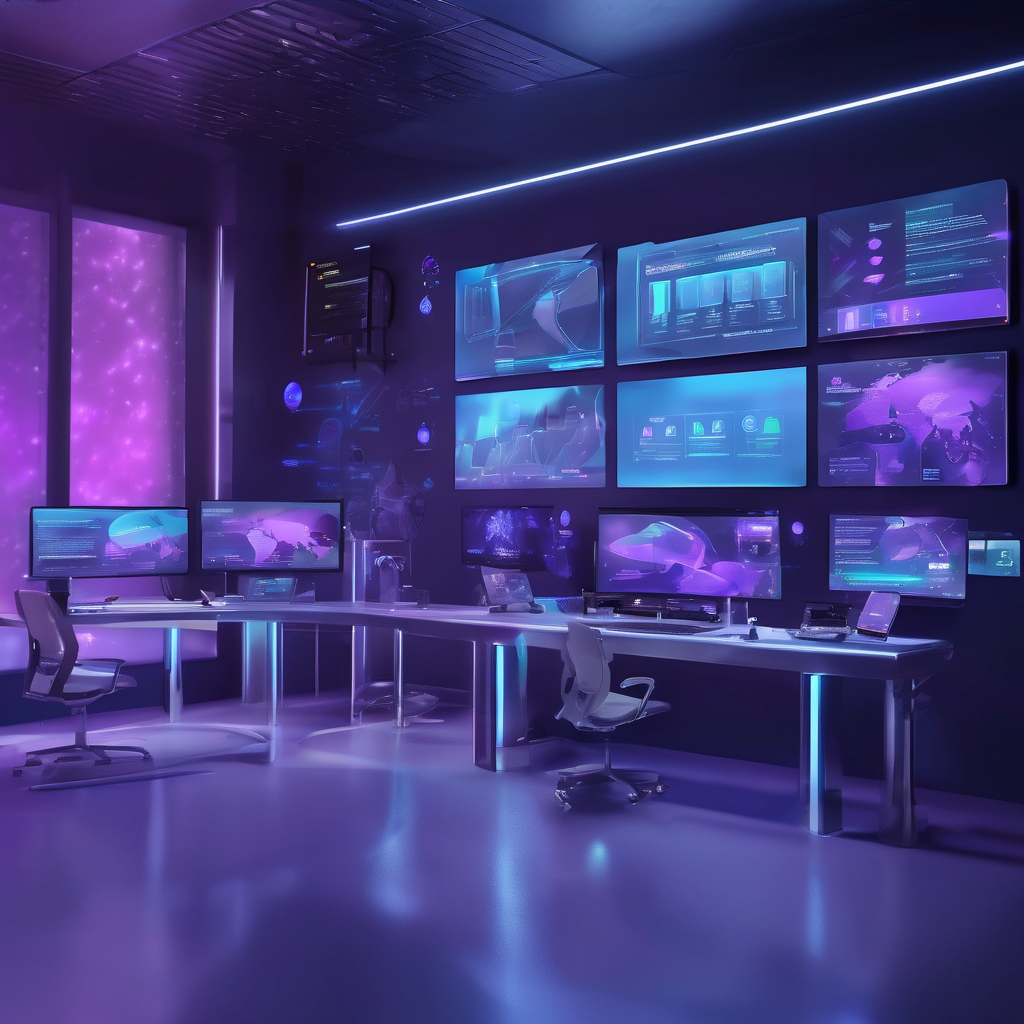
Видео, созданные искусственным интеллектом, быстро становятся важным элементом персонализированных маркетинговых стратегий, трансформируя способы взаимодействия брендов с их аудиториями.

Искусственный интеллект (ИИ) в видеомониторинге стремительно меняет спортивные трансляции, улучшая удовольствие зрителей благодаря подробной статистике, информации о результатах в реальном времени и персонализированному контенту, адаптированному к индивидуальным предпочтениям.
Launch your AI-powered team to automate Marketing, Sales & Growth

and get clients on autopilot — from social media and search engines. No ads needed
Begin getting your first leads today